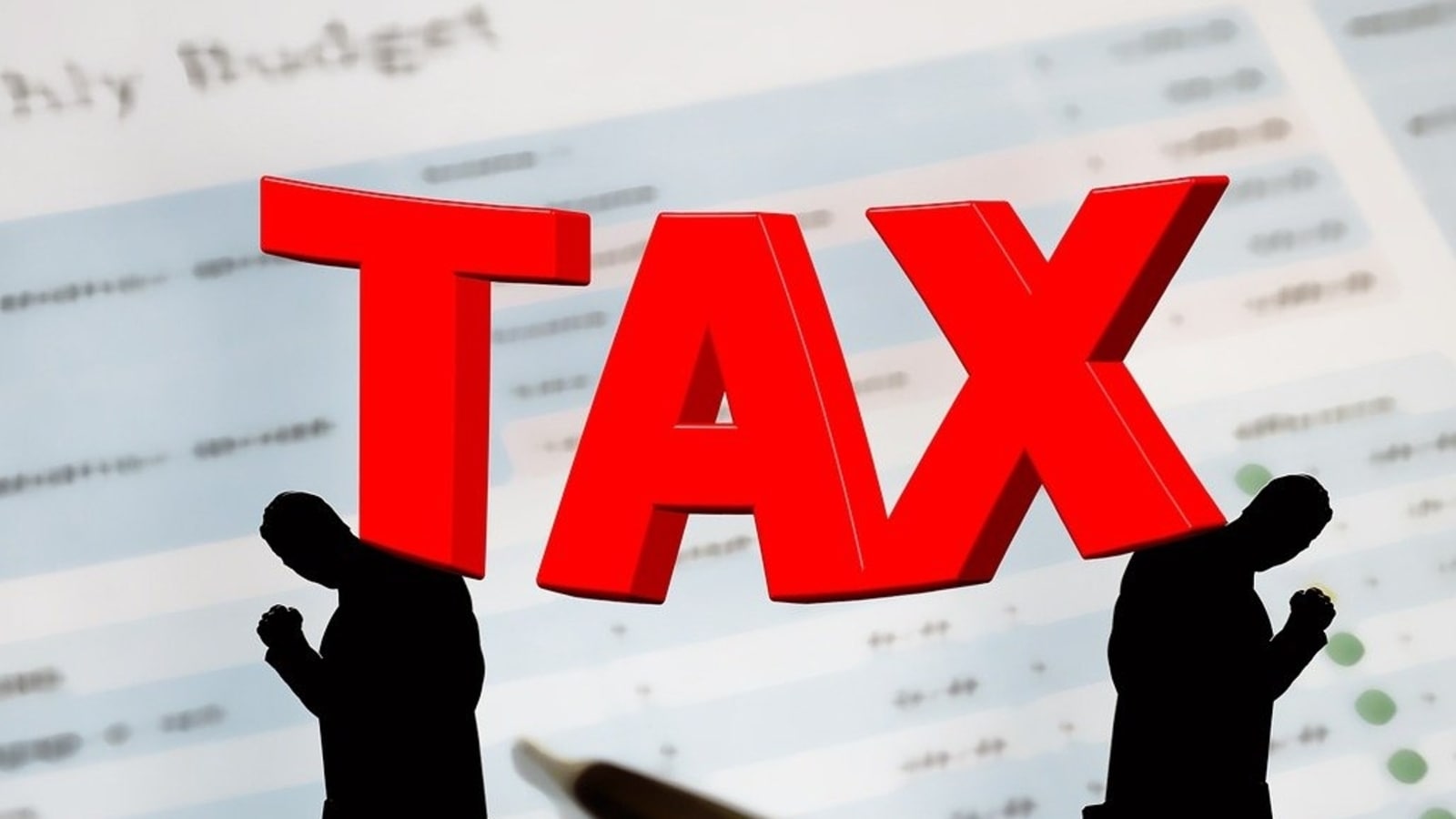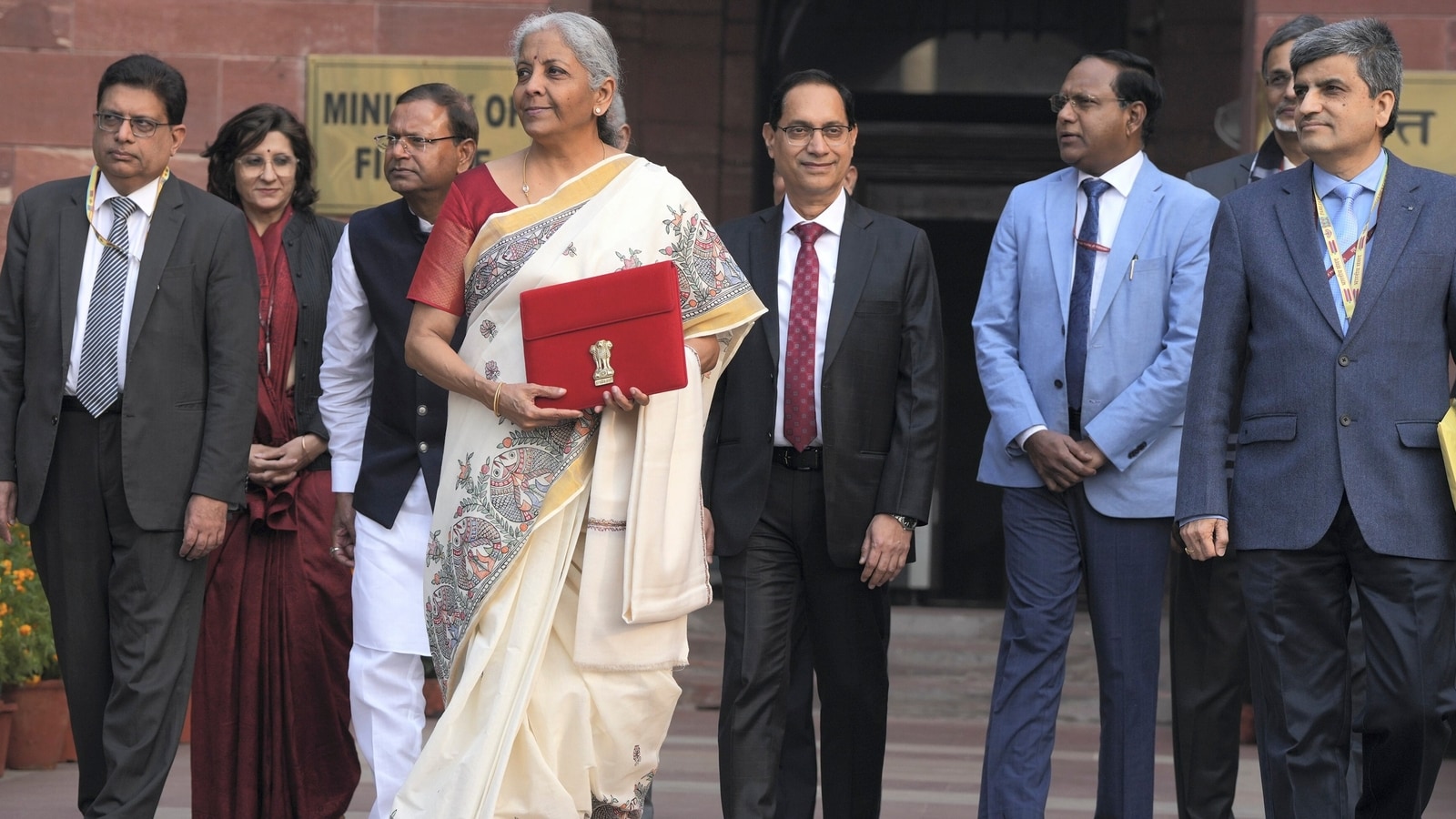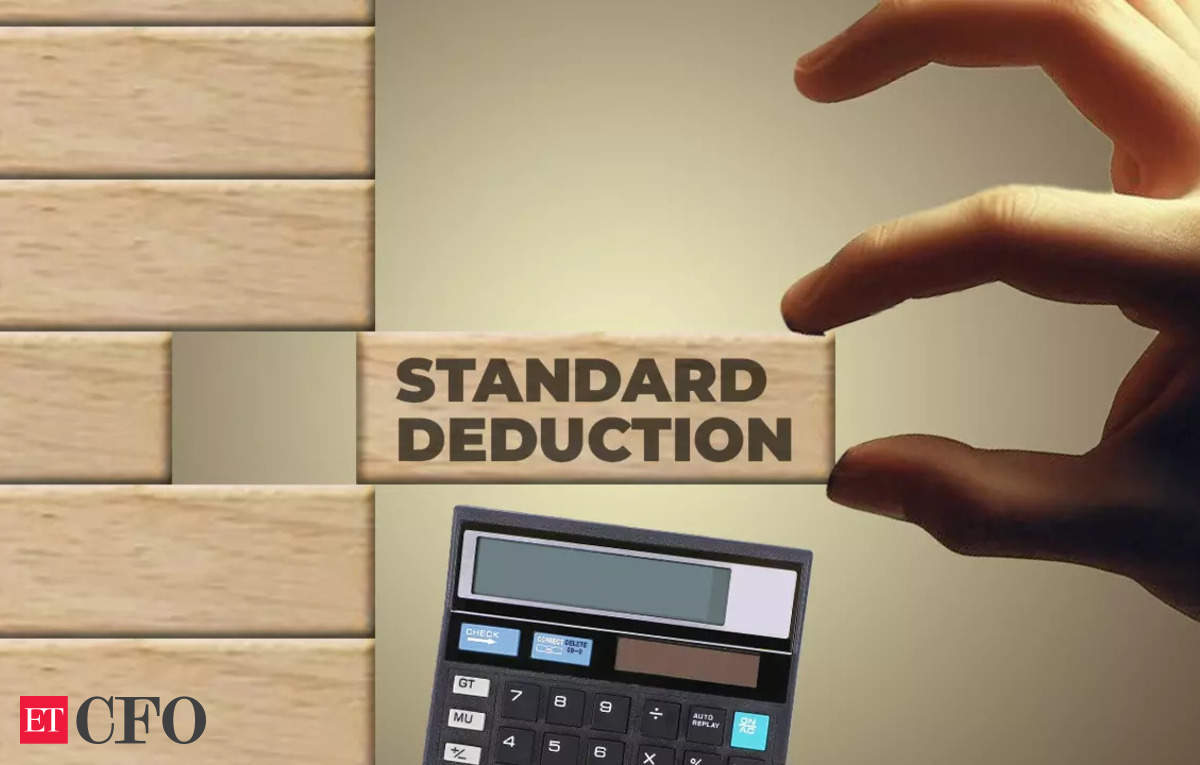The establishment of the Goods and Services Tax Appellate Tribunal (GSTAT) marks a significant milestone in the domain of GST dispute resolution. GSTAT’s primary objective is to ensure swift, fair, judicious, and effective resolution of GST disputes. By providing taxpayers with a dedicated forum to address their grievances, GSTAT plays a crucial role in promoting confidence and compliance within the GST regime.
Here’s how GSTAT contributes to achieving these objectives:
- Swift Resolution: GSTAT is equipped with the necessary infrastructure and expertise to expedite the resolution of GST disputes. By streamlining processes and adopting efficient case management techniques, GSTAT aims to reduce the time taken to adjudicate appeals, providing taxpayers with timely relief.
- Fair Adjudication: With a panel of experienced judicial and technical members, GSTAT ensures impartial and fair adjudication of disputes. The Tribunal follows principles of natural justice and upholds the rule of law in its proceedings, ensuring that all parties receive a fair hearing and equitable treatment.
- Judicious Decision-making: GSTAT leverages the collective wisdom and expertise of its members to render well-reasoned and judicious decisions. Each case is meticulously examined, and decisions are based on sound legal principles, precedent, and relevant provisions of the GST law, thereby enhancing the quality and consistency of rulings.
- Effective Dispute Resolution: By providing an accessible and specialized forum for GST disputes, GSTAT effectively addresses the concerns of taxpayers, thereby mitigating the need for recourse to higher courts. This not only reduces the burden on the judicial system but also expedites the resolution of disputes, fostering a conducive business environment.
- Promoting Compliance: GSTAT’s transparent and efficient dispute resolution mechanism instills confidence among taxpayers in the GST framework. By ensuring that disputes are resolved fairly and expeditiously, GSTAT encourages voluntary compliance and fosters a culture of tax discipline among taxpayers.
Know More:
The Union Cabinet, chaired by the Prime Minister Shri Narendra Modi, has approved the creation of National Bench of the Goods and Services Tax Appellate Tribunal (GSTAT) on January 23, 2019.
The National Bench of the Appellate Tribunal shall be situated at New Delhi. GSTAT shall be presided over by its President and shall consist of one Technical Member (Centre) and one Technical Member (State).
The creation of the National Bench of the GSTAT would amount to one time expenditure of Rs.92.50 lakh while the recurring expenditure would be Rs.6.86 crore per annum.
Details:
Goods and Services Tax Appellate Tribunal is the forum of second appeal in GST laws and the first common forum of dispute resolution between Centre and States. The appeals against the orders in first appeals issued by the Appellate Authorities under the Central and State GST Acts lie before the GST Appellate Tribunal, which is common under the Central as well as State GST Acts. Being a common forum, GST Appellate Tribunal will ensure that there is uniformity in redressal of disputes arising under GST, and therefore, in implementation of GST across the country.
Chapter XVIII of the CGST Act provides for the Appeal and Review Mechanism for dispute resolution under the GST Regime. Section 109 of this Chapter under CGST Act empowers the Central Government to constitute, on the recommendation of Council, by notification, with effect from such date as may be specified therein, an Appellate Tribunal known as the Goods and Services Tax Appellate Tribunal for hearing appeals against the orders passed by the Appellate Authority or the Revisional Authority.
Constitution of the GST Appellate Tribunal:
The GST Appellate Tribunal was established through government notification, as mandated by Section 109(1) of the GST Act. Union Minister for Finance and Corporate Affairs, Smt. Nirmala Sitharaman, administered the oath of integrity and secrecy to Justice (Retd.) Sanjaya Kumar Mishra as the President of the GST Appellate Tribunal (GSTAT) in New Delhi on May 6, 2024. This underscores the significance of ensuring a fair and impartial judiciary in the administration of GST.
Jurisdiction and Benches:
The Tribunal exercises its powers through a Principal Bench located in New Delhi and State Benches established based on state requests and Council recommendations (Section 109(2)). As of September 14, 2023, 31 State Benches of the Goods and Services Tax Appellate Tribunal (GSTAT) have been constituted, enhancing accessibility and convenience for taxpayers across the country.
Composition and Functions:
The Principal Bench consists of the President, a Judicial Member, a Technical Member (Centre), and a Technical Member (State) (Section 109(3)). State Benches comprise two Judicial Members, a Technical Member (Centre), and a Technical Member (State) (Section 109(4)). These benches hear appeals against orders passed by the Appellate Authority or the Revisional Authority, ensuring comprehensive representation and expertise in resolving disputes.
Administrative Efficiency:
To facilitate smooth functioning, the President of the Tribunal, in consultation with relevant authorities, distributes business among the benches and may transfer cases as necessary (Section 109(6)). Additionally, provisions for administrative transfers ensure optimal utilization of resources and expertise (Section 109(10)).
Role of Vice-President:
The senior-most Judicial Member within State Benches acts as the Vice-President, with designated powers and responsibilities (Section 109(7)). This ensures effective leadership and coordination at the state level, enhancing the Tribunal’s operational efficiency.
Case Resolution and Distribution:
In cases of dissent among Members, Section 109(9) outlines the procedure for majority decision, promoting consensus-based adjudication and ensuring timely resolution of disputes.
Recent Developments:
The announcement of 31 State Benches of the Goods and Services Tax Appellate Tribunal (GSTAT) on September 14, 2023, signifies a significant milestone in expanding the Tribunal’s reach and accessibility. This development reflects the government’s commitment to strengthening the dispute resolution mechanism and promoting taxpayer confidence in the GST regime.
The establishment and operationalization of the GST Appellate Tribunal represent a critical step towards ensuring fair, efficient, and impartial resolution of disputes in the GST domain. By adhering to the provisions outlined in Section 109 and related sections, the Tribunal strives to uphold the principles of justice, transparency, and accountability in tax administration, thereby fostering trust and compliance among taxpayers.
Visit www.cagurujiclasses.com for practical courses











